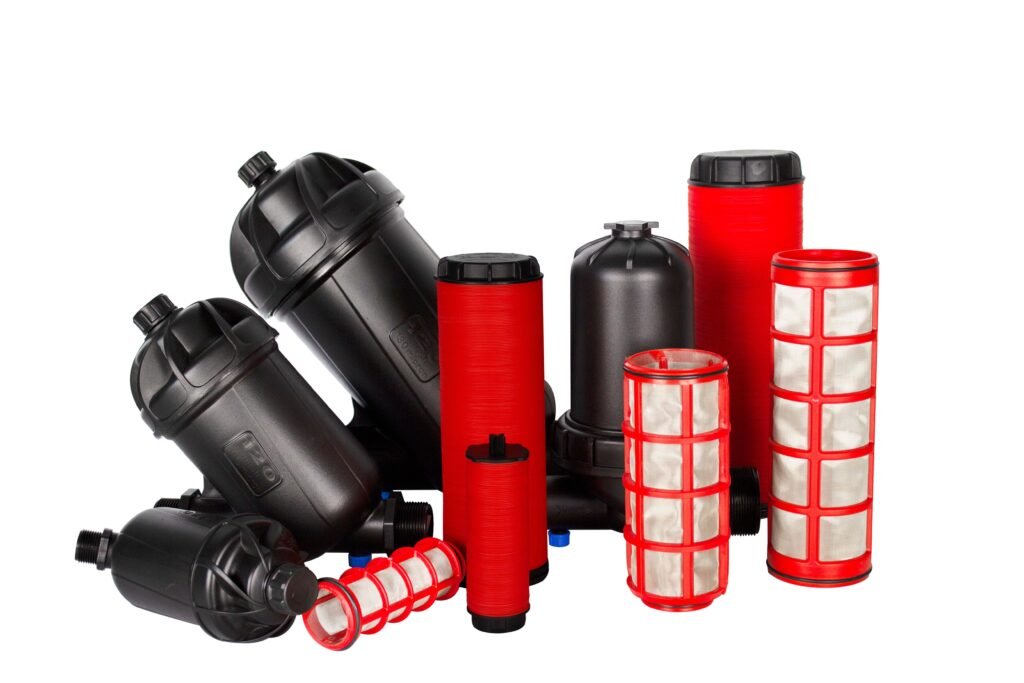Irrigation is an essential component of agriculture, horticulture, and landscaping. It allows farmers, gardeners, and landscapers to distribute water to plants efficiently. However, water can carry unwanted sediments and impurities that may clog irrigation systems and damage plants. This is where irrigation filters come into play. They remove debris, sediment, and other contaminants from water to ensure a smooth and uninterrupted flow.
There are different types of irrigation filters available on the market, each with its own unique features and benefits. We will discuss the most common types of irrigation filters and help you choose the right one for your needs.
- Screen Filters: Screen filters are the most basic type of irrigation filters. They consist of a mesh screen that captures debris and sediment from the water as it flows through the filter. Screen filters are typically used for low-pressure irrigation systems and are available in different mesh sizes, depending on the level of filtration required.
- Disc Filters: Disc filters use a series of stacked discs to remove debris and sediment from the water. The discs are made of plastic or metal and are arranged in a parallel or series configuration. Disc filters are more effective than screen filters at removing small particles and are suitable for high-pressure irrigation systems.
- Sand Filters: Sand filters use a bed of sand to filter water. As water flows through the sand bed, particles and impurities are trapped in the sand, and clean water flows out. Sand filters are effective at removing fine sediment and organic matter and are ideal for drip irrigation systems.
- Centrifugal Filters: Centrifugal filters use centrifugal force to separate debris and sediment from water. As water flows through the filter, it enters a spinning chamber that creates a centrifugal force. The force separates heavier particles, which are then flushed out of the system. Centrifugal filters are suitable for large-scale irrigation systems and are effective at removing heavy sediment.
- Media Filters: Media filters use a bed of media, such as gravel or anthracite, to filter water. The media bed captures particles and impurities, and clean water flows out. Media filters are effective at removing a wide range of contaminants, including sand, silt, and organic matter, and are suitable for both high- and low-pressure irrigation systems.
When choosing an irrigation filter, consider the type of irrigation system you have, the level of filtration required, and the size of the particles you need to remove. Also, take into account the maintenance and cleaning requirements of the filter, as some types may require more maintenance than others.
In conclusion, irrigation filters play a crucial role in maintaining the efficiency and longevity of irrigation systems. By choosing the right type of filter for your needs, you can ensure that your plants receive clean and uninterrupted water, leading to healthier and more productive crops and gardens.


